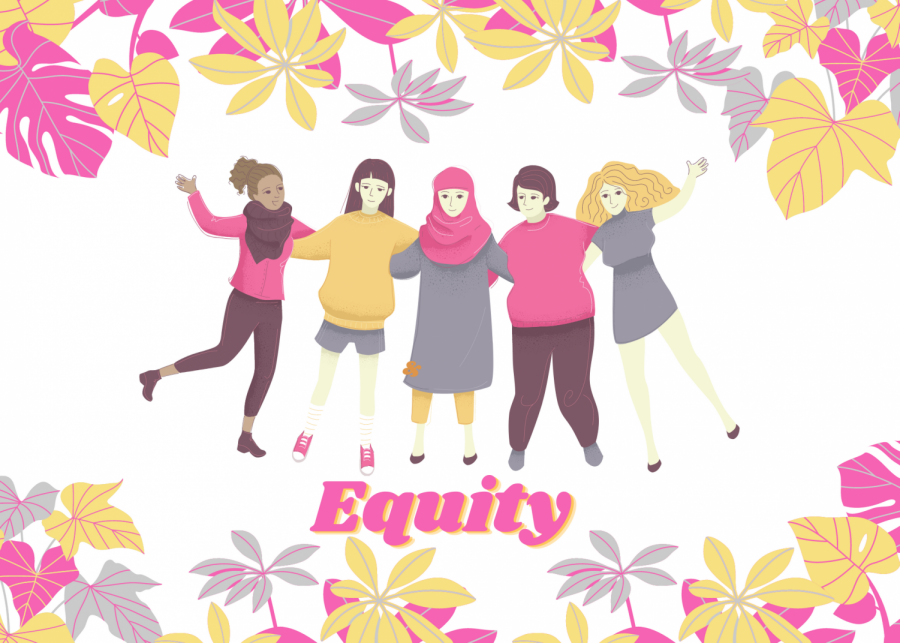Student Equity Action Committee plans to tackle gaps in student’s education
Executive Director of Student Equity Jennifer Rowe starts new Equity Action Committee for students in District 204.
The pandemic has revealed gaps in our education system. From students with limited access to Wi-Fi to students juggling family responsibilities and online school, e-learning has shown that equity in education is a problem for schools nationwide. Jennifer Rowe, IPSD Executive Director of Student Equity, plans to tackle this problem head-on in her new Student Equity Action Committee. The committee will feature students of diverse backgrounds and perspectives engaging in discussions about inclusion and equity in District 204.
“The Student Equity Action Committee is a group of students that will come together from all three high schools to discuss the issues that they see taking place in their schools, community, and the greater world,” Rowe said. “This is a platform to share ideas and to have their voices heard.”
The students’ voices are especially important now. The pandemic has deprived them of resources they rely on to succeed academically, such as counseling and therapy.
“Many students have outside responsibilities that can distract them from their learning environment,” senior Meher Dhawan said. “It can take a toll on mental health. It’s important that schools pay attention to their students’ needs.”
Students are mainly concerned that a lack of equity in education will undermine their road to academic success.
“School should be an establishment to help children succeed,” senior Alex Hall said. “If all students are able to receive a quality education, they can take the path they desire in life.”
Rowe’s main goal is to provide students a platform to actively change their community. She acknowledged the impact of the pandemic on students’ education in District 204.
“I noticed gaps right away, not in terms of school, but more in terms of the gaps that our society has, and how we use school to fill those gaps,” Rowe said. “I think that Americans saw how food insecure many children and families are, and how children get meals from school. I think that our community also learned that many children receive mental health, healthcare, and speech and occupational therapy at school.”
Equity in education is not a new issue, however. Our education system has always been imbalanced, and Rowe intends to show students that they can create change beyond District 204.
“I think people have also seen how the funding of schools determines what kind of education you will receive. In 204, we are very fortunate as we have the technology for students and the internet is accessible in our area. For many communities and schools, these resources have been major barriers to learning,” Rowe said.
Although the lack of equity in education has challenged schools nationwide, Rowe’s committee gives students a chance to create real change.
“I hope that young people begin to see how fortunate they are to have access to knowledge and that they have to be active in shaping and defining what school means to them and their futures,” Rowe said.

Iman is a Senior and this is her first year on staff. She is a headlines reporter for The Stampede. She loves watching TV, hanging out with her friends...

Mishal Nizar is a senior and is the Print Editor-in-Chief of the Stampede for her third year on staff. She was graphics editor for both her sophomore and...


